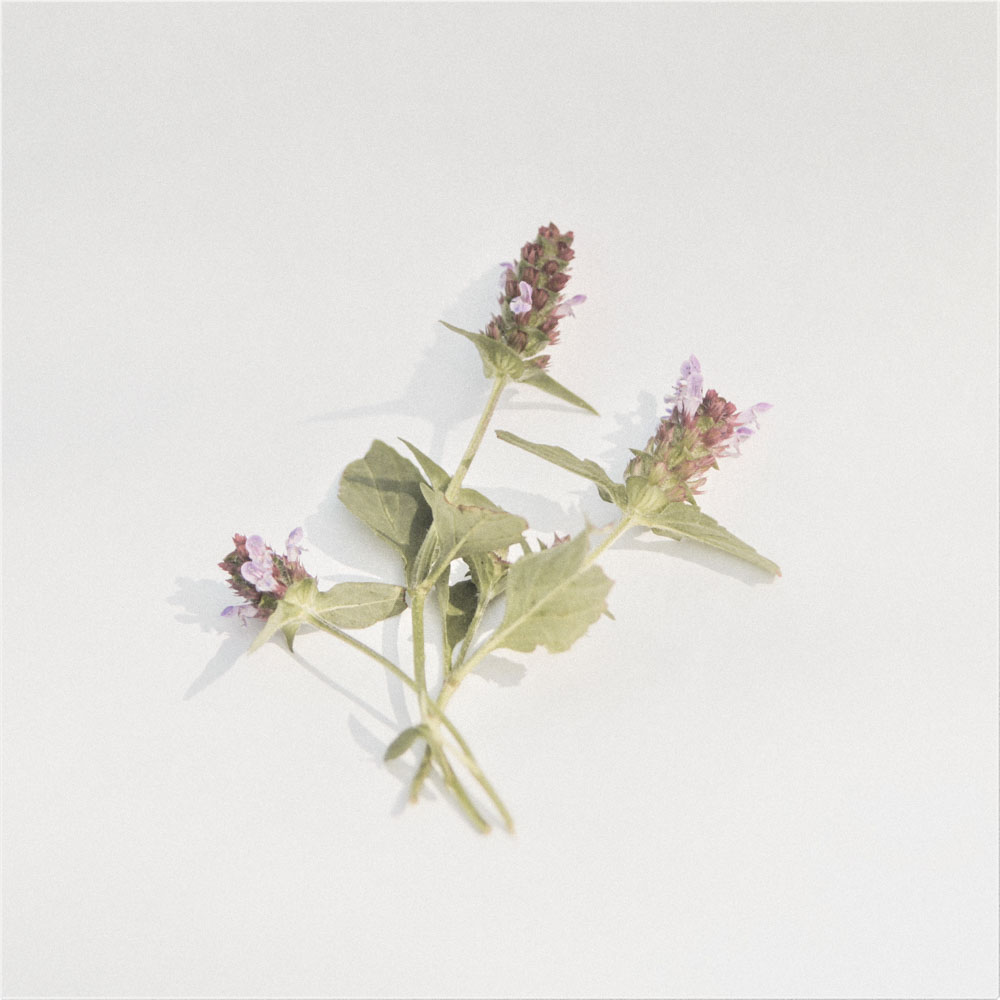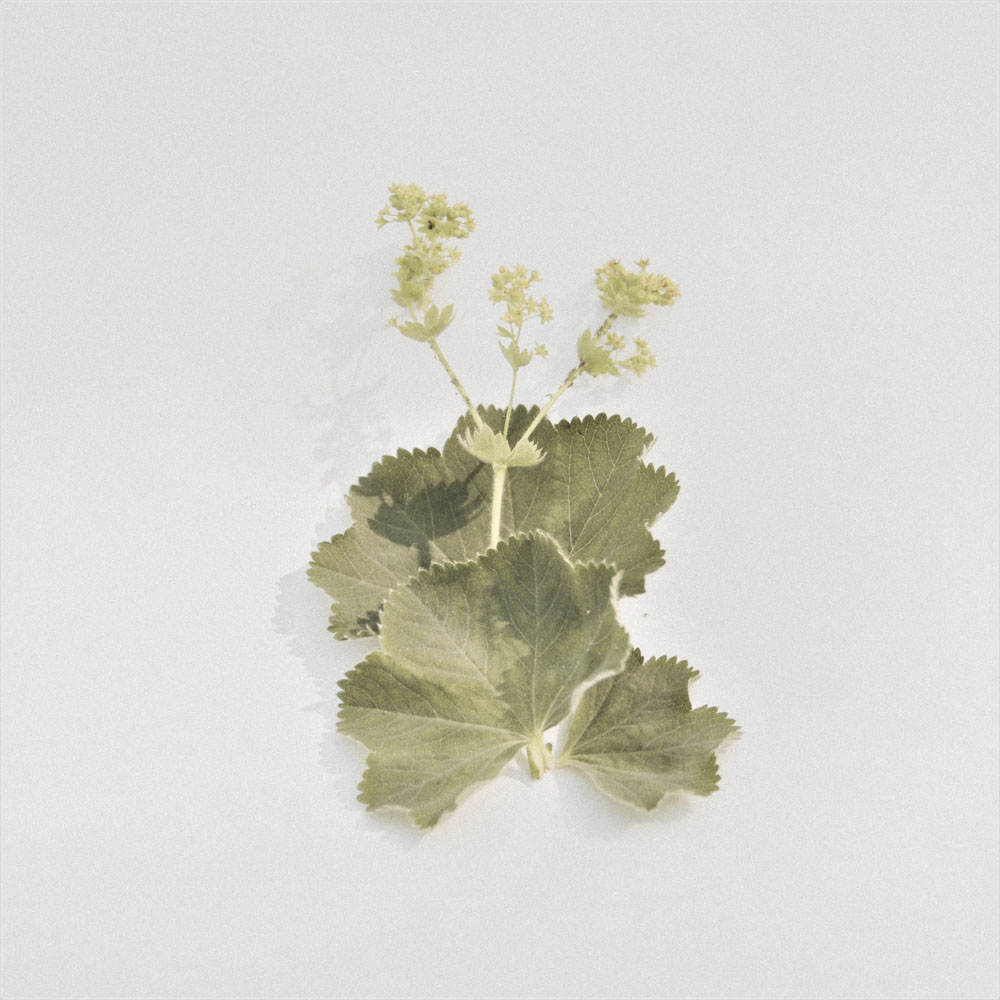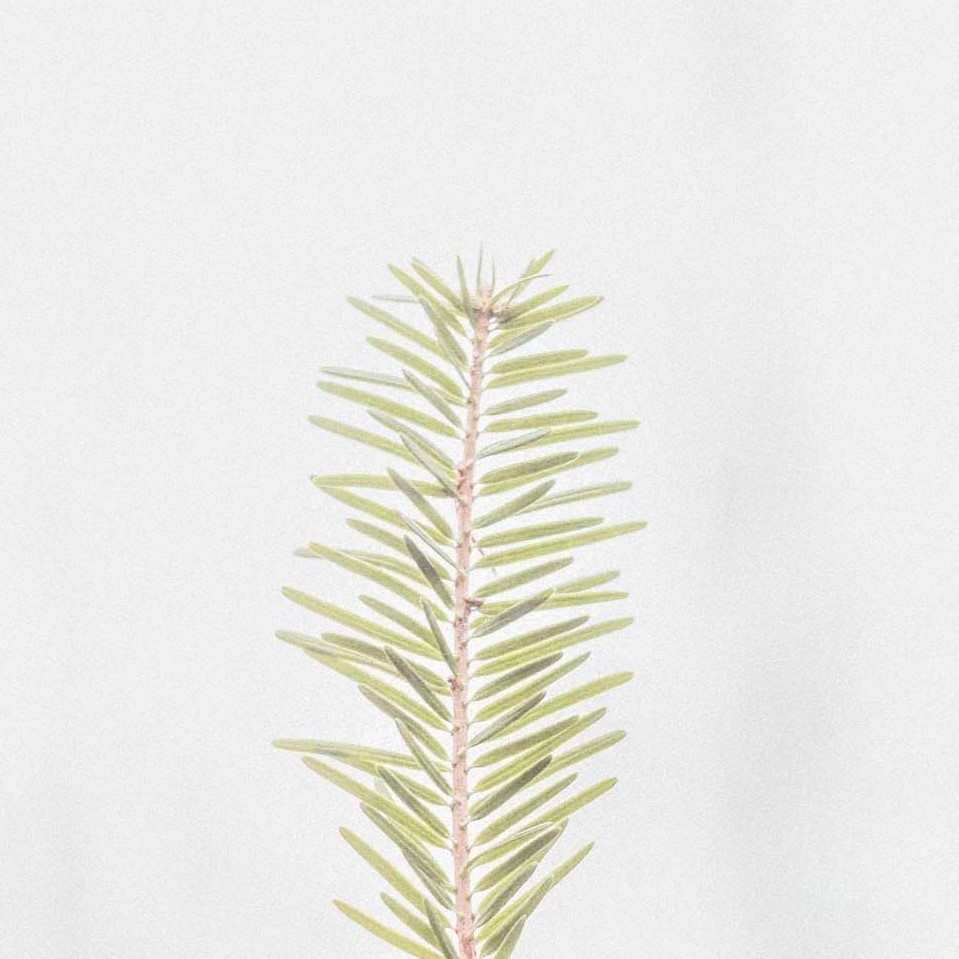Self Heal
INCI: Prunella Vulgaris Extract

Self heal is a plant that has been used for medicinal purposes for centuries, and it is now becoming popular in skincare. In this article, we will discuss what self heal is, its benefits, and how it can be used in skincare.
Scroll down to read
What is Self Heal?
Self heal (Prunella vulgaris) is a perennial herb that grows in Europe, Asia, and North America. It is also known as heal-all, all-heal, and woundwort. Self heal has been used for centuries for its medicinal properties. It is known to have anti-inflammatory, antibacterial, and antioxidant properties.
How has Self Heal been used in the past?
Self heal has been used in traditional Chinese medicine for centuries. It was used to treat a variety of ailments such as sore throat, fever, and liver disease. Native Americans also used self heal to treat wounds and other skin conditions.
In the Middle Ages, self heal was considered to be a sacred herb that was associated with the Virgin Mary. It was believed to have the power to heal both physical and spiritual ailments, and was used to treat everything from coughs and colds to demonic possession.
Today, self heal is still used in traditional medicine in many parts of the world. It is also used in modern skincare products for its anti-inflammatory, antioxidant, and antibacterial properties.
Benefits of Self Heal in Skincare
Self heal is a versatile ingredient that offers numerous benefits for the skin. Whether you have sensitive, acne-prone, or aging skin, self heal can provide a range of benefits to help keep your complexion looking its best.
1. Anti-inflammatory Properties
Self heal contains rosmarinic acid, which has anti-inflammatory properties. Inflammation is the root cause of many skin conditions such as acne, eczema, and psoriasis. Using skincare products containing self heal can help reduce inflammation and improve the appearance of your skin.
2. Antioxidant Properties
Self heal contains antioxidants that help protect your skin from damage caused by free radicals. Free radicals can cause premature aging, and using skincare products containing self heal can help keep your skin looking youthful and radiant.
3. Anti-bacterial Properties
Self heal has antibacterial properties, making it effective in treating acne and other skin conditions caused by bacteria. Using skincare products containing self heal can help reduce the occurrence of breakouts and improve the overall health of your skin.
4. Soothes Irritated Skin
Self heal has a soothing effect on irritated skin. It can help reduce redness and inflammation, making it an excellent ingredient for those with sensitive skin.
5. Improves Skin Texture
Self heal can improve the texture of your skin by promoting collagen production. Collagen is a protein that gives your skin its structure and elasticity. Using skincare products containing self heal can help keep your skin looking firm and supple.
What Nutrients does Self Heal Contain?
Self heal is a nutrient-rich plant that contains a variety of compounds that are beneficial for the skin including:
Rosmarinic acid
Rosmarinic acid is one of the main active compounds found in self heal. It is a powerful antioxidant that helps protect the skin from free radical damage. Free radicals are unstable molecules that can damage the skin’s DNA, leading to premature aging and other skin issues. In addition to its antioxidant properties, rosmarinic acid also has anti-inflammatory properties. This means that it can help reduce redness and inflammation in the skin, making it a useful ingredient for treating acne, eczema, and other inflammatory skin conditions.
Tannins
Tannins are another compound found in self heal. They have astringent properties, which means that they help to tighten and tone the skin. This can be especially useful for people with oily or acne-prone skin, as it can help to reduce the appearance of large pores and prevent breakouts. Tannins also have antimicrobial properties, which means that they can help to kill bacteria on the skin and prevent infections.
Flavonoids
Flavonoids are a group of compounds that are found in many plants, including self heal. They have antioxidant properties, which means that they can help protect the skin from UV damage. UV damage is one of the primary causes of premature aging, so using skincare products that contain flavonoids can help to keep the skin looking youthful and radiant. Flavonoids also have anti-inflammatory properties, which can help to reduce redness and inflammation in the skin.
Example Use Cases of Self Heal in Skincare
Self heal can be found in a variety of skincare products, including toners, serums, and moisturizers. It is often used in products designed for those with sensitive or acne-prone skin. Self heal can also be used in DIY skincare recipes, such as face masks or toners.
- Toners: self heal can help soothe and calm irritated skin, minimize the appearance of pores, and leave the skin looking smoother and more even-toned
- Serums: self heal can help reduce inflammation, brighten the complexion, and improve the texture of the skin
- Moisturizers: self heal can help hydrate and nourish the skin, as well as provide anti-inflammatory and antioxidant benefits
- DIY skincare recipes: self heal can be blended with other ingredients, such as honey and yogurt, to make a face mask that soothes and hydrates the skin
Overall, self heal is a versatile ingredient that can be used in a variety of skincare products to provide numerous benefits for the skin. Whether you choose to use products that contain self heal or incorporate it into your DIY skincare routine, this ingredient is definitely worth exploring if you are looking for natural ways to improve the health and appearance of your skin.
Frequently Asked Questions
Is Self Heal Safe for All Skin Types?
Yes, self heal is safe for all skin types, but as with any skincare product, it is best to patch test before using it on your face.
Can Self Heal Help with Acne?
Yes, self heal has antibacterial properties that make it effective in treating acne.
Can Self Heal Help with Signs of Aging
Yes, self heal contains antioxidants that help protect the skin from free radical damage, which can cause signs of aging such as wrinkles and fine lines.
Can I Use Self Heal Instead of Seeing a Dermatologist?
While self heal can be effective in treating certain skin conditions, it is important to see a dermatologist for severe or persistent skin issues. Self heal can be used as a complementary treatment to prescribed medication.
Recap
In summary, self heal is a plant that has been used for medicinal purposes for centuries and is now becoming popular in skincare. It has anti-inflammatory, antibacterial, and antioxidant properties, making it effective in treating a variety of skin conditions. Self heal contains rosmarinic acid, tannins, and flavonoids, which help improve the texture and appearance of the skin. Self heal can be found in a variety of skincare products and can be used in DIY skincare recipes.
Further reading

Squalane
As the skincare market continues to boom, understanding how to use powerful ingredients like squalane has become increasingly important. Squalane is an emollient that has a variety of benefits for all skin types. In this comprehensive guide, we will cover everything you need to know about squalane, including its history, benefits, nutrients, use cases, how to use it, and side effects.
Continue reading
Lady’s Mantle
As a skincare enthusiast, you are always on the lookout for new ingredients that can give you that radiant and youthful-looking skin. In this article, we will be exploring the amazing benefits of Lady's Mantle, a herb that has been used for centuries for its numerous skincare benefits. So, grab a cup of tea and let's dive in!
Continue reading
Pine needle essential oil
Pine needle essential oil is known for its numerous benefits, including its ability to enhance your skincare routine. In this guide, we will delve into what pine needle essential oil is, its historical use, benefits, nutrients, how to use it, and potential side effects.
Continue reading